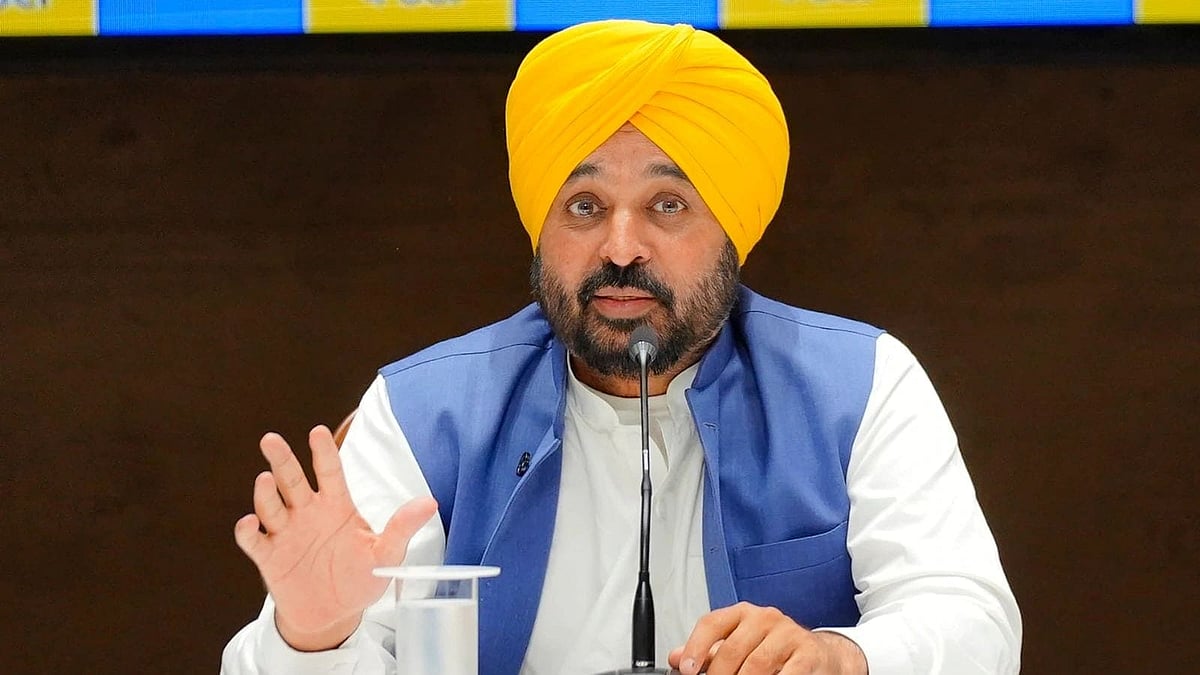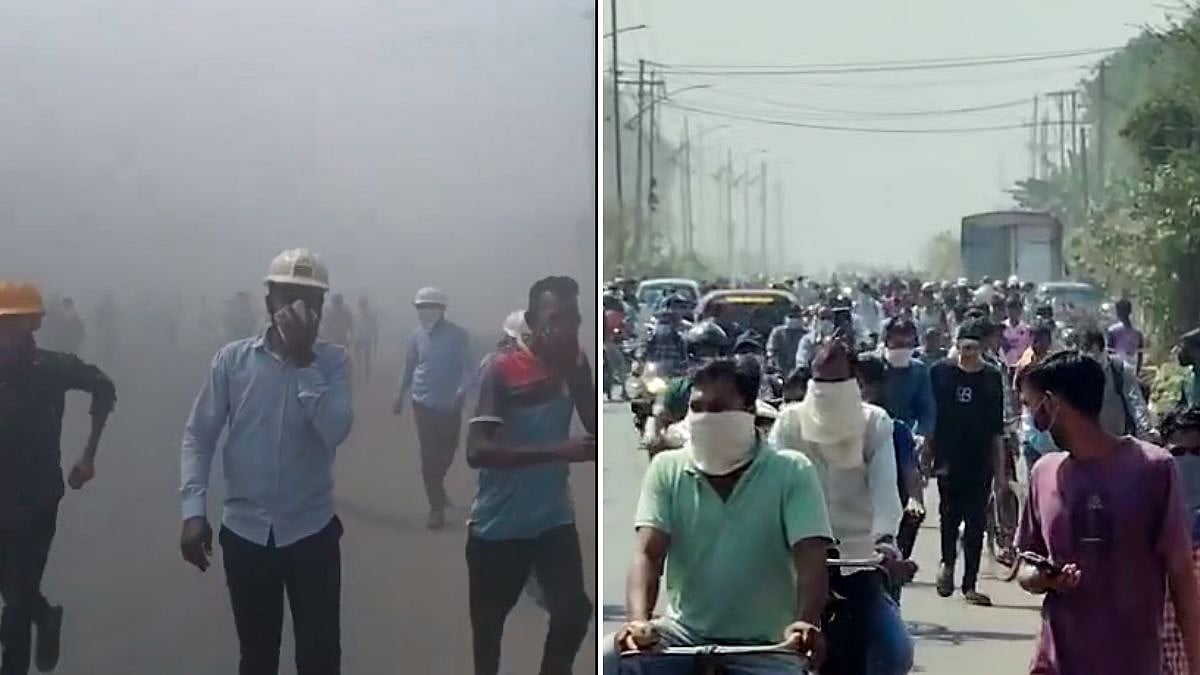Picture-perfect mountains, kaleidoscopic panoramas, breath-taking landscapes, dense forests, green valleys, cascading rivers, scenic treks, mystical monasteries, awe-inspiring dzongs, traditional architecture, are too little to describe the living heaven and the spiritual haven that Bhutan is!
A place where happiness does not equate with amassing wealth and a country where contentment and peace holds paramount importance, Bhutan is touted as one of the last citadels of rich biodiversity where ratio of people to land mass is 1:10. A utopian land that, by mistake, dwells on earth, while trying to protect itself from the cacophony of this planet! That’s Bhutan for you.

Happy country |
Happy country
Also known as the Happiness Kingdom, Bhutan has a unique development philosophy called ‘Gross National Happiness’ that measures the quality of life based on the spiritual and mental well-being of its inhabitants. All the policies in Bhutan right from economic development to good governance to cultural conservation and environmental protection — are centred around this principle, which is geared towards ensuring collective happiness of its inhabitants. No wonder, people of this last Shangri-La emanate infectiously good vibes.
Carbon negative
This startling reality may make you do to a double take but it’s a fact that Bhutan happens to be the only carbon negative country in the world! While the world is pitted against the herculean task of curbing its carbon emissions, here is one country which being heavily forested absorbs more carbon than it emits, acting as a safe carbon sink.
A country which lays more emphasis on environmental preservation than economic growth, Bhutan dissuades people from the use of vehicles running on fossil fuel, and obligates 60% of its lands to remain under forest cover at all times, with the current forest cover touching close to staggering 72%.

Paro Chhu river |
Responsible tourism
While countries hanker after tourist footfalls Bhutan distinctly abides by the concept of ‘high value, low impact’ tourism, which serves to build a sense of exclusivity and high yield to prevent environmental degradation and cultural erosion.
For a foreign national, a holiday in Bhutan can cost a pretty penny! Barring Indian, Bangladeshi and Maldivian nationals, travellers from all the other countries are required to pay a minimum daily fee of $250 ($200 in the off-season) which takes care of their accommodation, meals, guide, driver, and admission tickets to all the monuments.
Offering long-term solutions, ecotourism practices in Bhutan, apart from protecting natural and cultural heritage of the country has generated revenue for a large number of Bhutanese nationals including those providing ancillary services like hotels and transport.
A substantial percentage of the minimum fee collected is utilised for community service initiatives directed towards extending free healthcare and free education. With this responsible tourism model, Bhutan effectively puts a check on the number of visitors thereby ensuring less traffic, clean surroundings, and a pristine panorama.

Jomolhari Lingshi Trek |
Proactive planning
Bhutan’s GNH philosophy finds its practical manifestation in government’s ‘universal electricity access’ policy. Right to electricity is considered as a crucial parameter to measure the quality of life in Bhutan and universal electrification is an extraordinary feat that the country has been able to accomplish despite its treacherous terrain.
The electricity access rate of this mountainous country has soared from impressive 61 percent in 2006 to a remarkable 100 percent in 2016, much ahead of the country’s original 2020 goal.
The Bhutanese government is currently making concerted efforts towards producing 100 per cent organic food by the year 2020, and aims to reach zero waste by the year 2030 along with increasing the production and consumption of renewable energy in the country.

Paro Taktsang |
Cultural authenticity
Guarding the preservation of Bhutanese values, the government has mandated Bhutanese national dress Gho for males and Kira for females as official dress codes during office hours. While Thimphu boasts of a fully equipped shopping mall, western influence remains insignificant here.
A national capital without billboards, high rises and western architecture, Thimphu is refreshingly devoid of everything that signifies social disruption.
In an effort to combat globalisation with its unique Bhutanese ‘glocalisation’, the government is making all-out efforts to ensure clean air, hygienic water, forests, wetlands, topsoil, and biodiversity to its local population.

Ema Datshi-Bhutan's National Dish |
Spicy food
Did you say chillies are meant for seasoning? Ask a Bhutanese and he would vouch for chillies being his favourite vegetable. Their national dish, Ema Datshi, made entirely of chillies, complimented with chilli-infused condiments is an insanely hot delicacy, a fiery blend of boiled chillies and native cheese.
The mouth-scorching dish is paired with native red rice, and is considered to be the national dish of Bhutan. Be it Ema Datshi, Jasha Maru – Spicy Chicken, or Phaksha Paa – Pork with red chillies, the Bhutanese simply like it hot.

Prayer wheels |
Spiritual haven
Red robed monks, fluttering prayer flags, and votaries circumambulating temples, are scenes you come across often in Bhutan. The country, which is ardently making efforts to keep its spiritual soul intact, is punctuated with dzongs, monasteries, stupas, and prayer wheels.
Bhutan pledges profound connection with spiritual world and interestingly many of its guardian deities are believed to be residing in mountain peaks and lakes. Daily life in Bhutan is imbued with religion and spirituality and the country is no less than a spiritual sanctuary.




